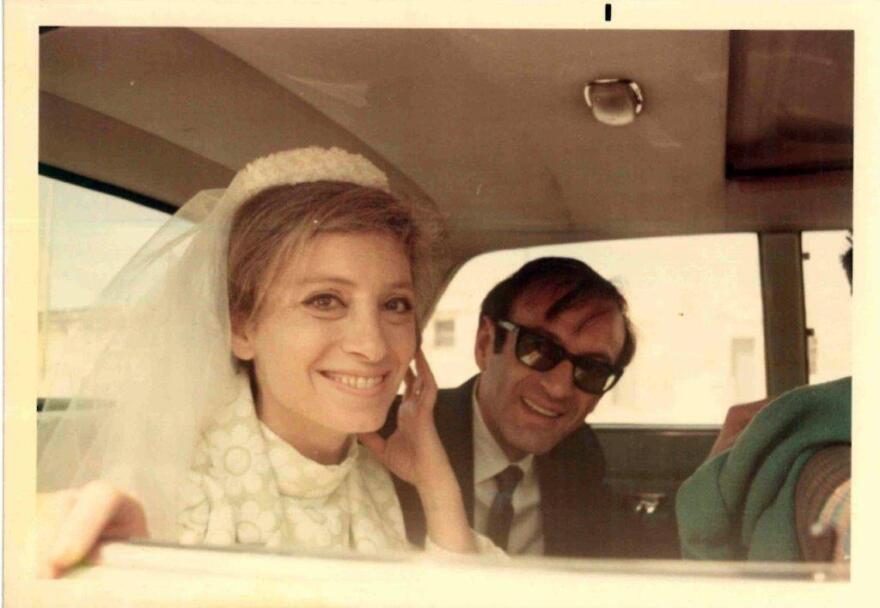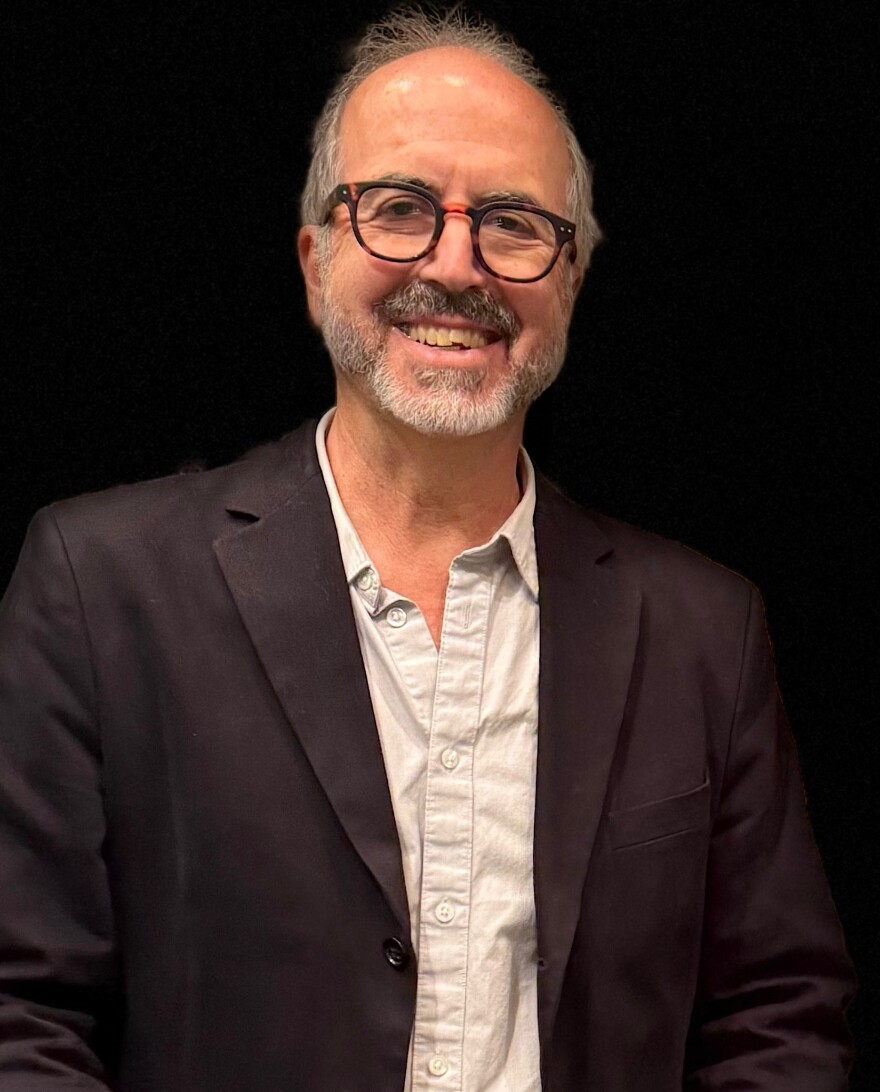With his 1958 memoir "Night," Elie Wiesel forever changed the way the Holocaust would be written about.
A survivor ofthe Auschwitz and Buchenwald concentration camps as a teenager, the Romanian-born Wiesel became an international spokesperson and renowned author, transforming his trauma into purpose.
Eighty years after his liberation from Buchenwald, a new film delves into the life of Elie Wiesel.
WUSF's Cathy Carter spoke with filmmaker Oren Rudavsky about his documentary "Elie Wiesel: Soul on Fire."
The interview below was lightly edited for clarity.
Oren, much has been written about the man behind the memoir ‘Night,’ but your film feels very much like having a personal conversation with Elie Wiesel.
I hope so, and I'm glad to hear you say that. The first thing for me was Elie Wiesel's voice and words and his remarkable face. And because we had access to the family, we knew this was going to be an intimate take on Elie Wiesel's life. And there's this remarkable animation in the film which was done by animator Joel Orloff, which put those words in a context.
Tell us more about the use of animation in your film. Why did you decide to use this device?
I really wanted this film to be like the interior life of Elie Wiesel. I've worked with animation before in the past, and it evokes, to me, memory.
Elie, if anything, is about remembering what happened to him and putting it into context. And when I heard about his dreams that he wrote up in his autobiography, I wanted to use those dreams. But I had no image to put with them.
So, I said to my animator, Joel Orloff, what can we do that evokes the sense of memory and also to evoke the horrors of Auschwitz? I did not want to use visuals of dead bodies or anything like that. That's not what I do. And we used animation to bring that horror to life.

It was very powerful. Some of the animated dream sequences have to do with Elie's father, who died in Buchenwald. Elie Wiesel was with him at the time, and as his wife, Marion, tells us in the film, the death was a very central part of Elie Wiesel's life. How do you think that loss impacted his life?
Well, as Marion says, it was a central trauma that he could not help his father. As she describes it, it was a deep, deep wound. He could hear his father calling for him, and he knew if he moved, he would get beaten and perhaps killed.
So, I think it's a trauma that Elie spent years and years resolving. And luckily, he did.
I think the film, to its credit, goes from darkness to light. It's not just darkness. The film is, in some ways, a joyous experience as well.
Yes, the joy of being reunited with his sisters, the joy of getting married and having a son. At one point, he did not want to bring children into this world.
Yes, and not just a son, but then grandchildren. I think it was a real journey for Elie, and I think the writing of the memoir "Night" was crucial to him making sense of the experience he went through, and making sure that that experience brought that attention to the world community, and also made something positive and hopeful out of something quite dark.

As you mentioned, this movie does have scenes of dark, but light as well. One of the lighter moments is when you visit a middle school in New Jersey, where the students are reading the memoir "Night."
And contrasting it with their own lives and trying to understand Elie's struggle. That to me was very moving. To see that Elie's message communicated to young people today, and I hope Elie's words bring people together and bring them to consider how they can make the world a better place and consider speaking truth to power.
"Elie Wiesel: Soul on Fire" is playing at Tampa Theatre through Thursday. There will be a discussion and audience Q&A with Rudavsky after Tuesday's screening.




